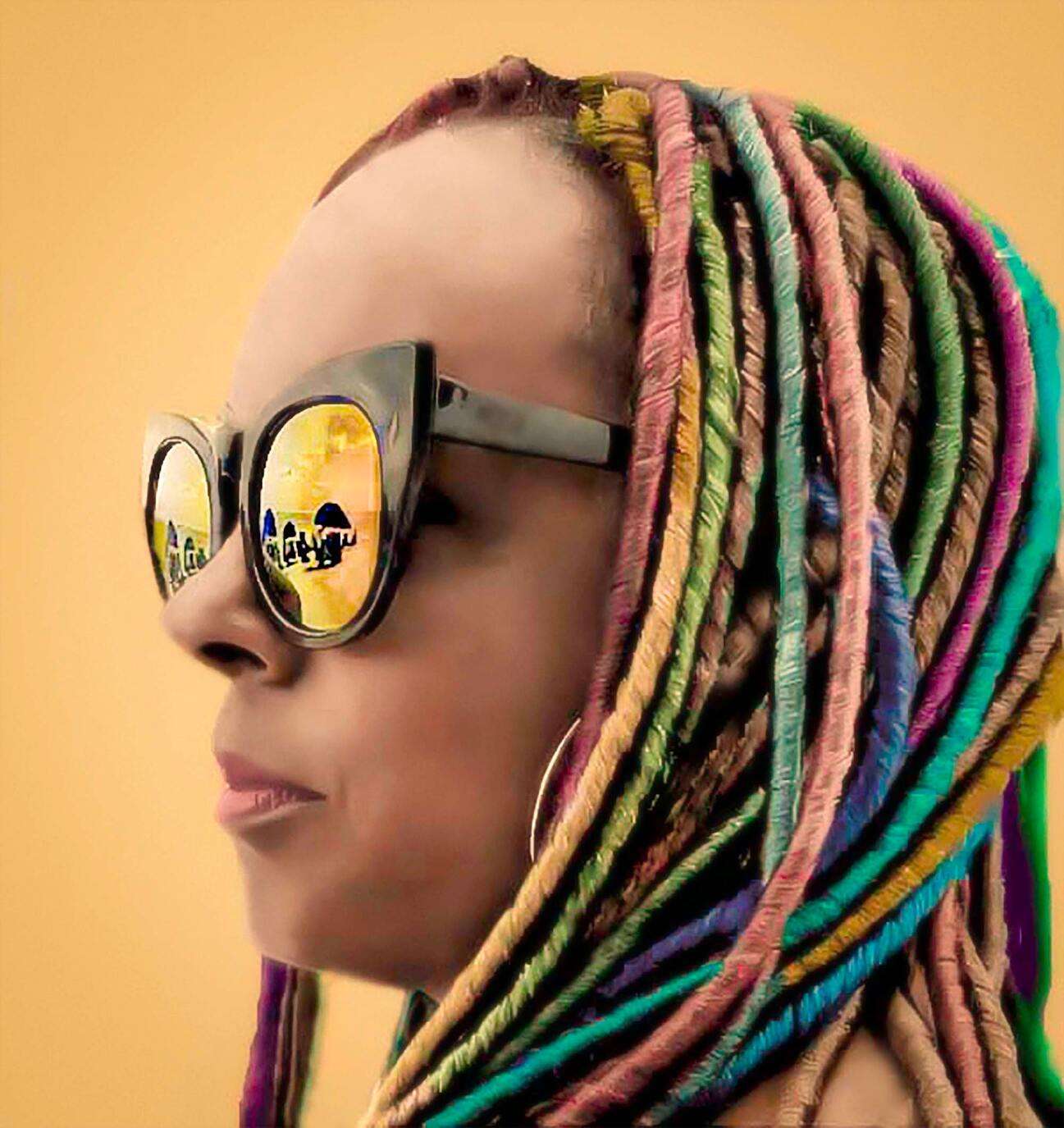Dreadlocks had a lot of controversies around them all over the world for various reasons. The recent high court case in Malawi is one of them. The court ordered the Ministry of Education to remove the restriction, allowing students with dreadlocks to attend public schools. The rule observed the cases of two Rastafarians who were denied access to schools due to their dreadlock styles. A similar court case was in Kenya in 2020.
Despite these controversies, dreadlock styles are unique and beautiful hairstyles. They maintain a deep cultural, social, and spiritual significance. Dreadlocks are not new; they have been around for centuries. The hairstyle has unique matted or twisted locks of hair that have many styles and forms. Moreover, dreadlocks are a hairstyle and a way of life.
Table of Contents
History of Dreadlock Styles in Africa
Dreadlocks are an ancient hairstyle with a historic link back to Ancient Egypt. Scientists found mummies with locked hair, suggesting this hairstyle has existed for thousands of years. In Ancient Egypt, dreadlocks symbolized power; only royalty and priests wore them.
Dreadlocks have a history in many parts of the world, including India, Oceania, and Europe. In India, some religious leaders wore the style, although less thick than the African locks. In the bible times, the bible quotes people who wore similar hairstyles, including Samson and John the Baptist.
The hairstyle circulated probably from Egypt to other African cultures in recent years, symbolizing cultural identity and even rebellion against colonialism. Dreadlocks were among the few symbols Africans used to express pride and resist cultural assimilation. For example, In South Africa, dreadlocks had a crucial role in the movement against apartheid, with many activists wearing the hairstyle as a symbol of resistance.
In the 20th century, Jamaica’s Rastafarian Movement popularized dreadlocks worldwide. Many Rastafarians considered dreadlocks a way to show their devotion to God and their African heritage. In addition, dreadlock styles were in artistic opposition to Western standards, which usually did not consider the beauty of Africans. Therefore, they saw the hairstyle as a tool of revolt against Western beauty standards.
Today, dreadlocks became a hairstyle among people of different cultures and backgrounds. They symbolize rebellion against popular culture, celebrating African heritage, spiritual practices, or a path to African roots.
Cultural Significance of Dreadlocks in Africa
The cultural significance of dreadlocks in Africa is immense. Dreadlocks or locs have spiritual and religious importance in many African cultures. Some of these cultures value it not only for cultural but also for aesthetic reasons.
Ethiopia is one of the countries with a history of dreadlocks through the Rastafari movement. The Rastafarian followed a religion that King Ras Teferi of Ethiopia inspired. They adopted dreadlocks as a symbol of their connection to God. Many of the followers believe that dreadlocks elevate their spiritual awareness. Similarly, other African nations created a spiritual meaning associated with the hairstyle: the longer the dreadlock styles, the closer the individual is to the divine.
However, dreadlocks also have social and political significance. For example, some African societies use dreadlocks to symbolize royalty and leadership, with prominent figures in the culture growing long and thick dreadlocks to portray status and authority.
Additionally, dreadlocks represent individuality and cultural identity, with many people taking pride in how they style their hair to express their cultural roots.
Overall, dreadlocks hold a deep significance in various African cultures and communities, serving to connect with one’s heritage, express individuality, and symbolize spiritual beliefs, social status, and political resistance.
Modern Perceptions of Dreadlocks in Africa
Dreadlocks have recently been controversial topic in Africa and worldwide due to the negative stereotypes and stigma often associated with them in modern times. In some African societies, for example, many people, especially elders, associate hairstyle with criminality, drug use, and wrong character. The perception created discrimination against people with dreadlocks in areas such as employment, social circles, and education.
Following the culture of inclusivity and embracing other’s cultures, many young people in US and Europe began adopting the culture. Many of these people use the hairstyle to celebrate the diversity and cultural identity of people with dreadlocks and embrace other’s cultures.
Still, modern movements challenge stereotypes and promote a more positive image of dreadlocks. Some gave their time to educate people about the cultural significance of the hairstyle and its roots in various African cultures.
The modern cultural movement gave space for preserving the dreadlock hairstyle. However, today for many, it is a symbol of cultural pride and diversity rather than a source of negative stereotypes and discrimination.
Final thoughts on African Dreadlock Styles
Dreadlocks are an important cultural symbol in Africa, with a rich history and significance. They are not just a hairstyle but a way of life representing spirituality, rebellion, and cultural identity. Despite facing stereotypes and discrimination, there is a growing appreciation for the diversity and cultural identity that dreadlock styles represent.
As such, dreadlock styles will continue to be a part of African culture and the world. Therefore, we must embrace and celebrate the beauty and significance of dreadlocks and challenge stereotypes and discrimination wherever we encounter them. In conclusion, dreadlocks are a fascinating and complex topic with a rich history and cultural importance that deserve further exploration and appreciation.


Great article